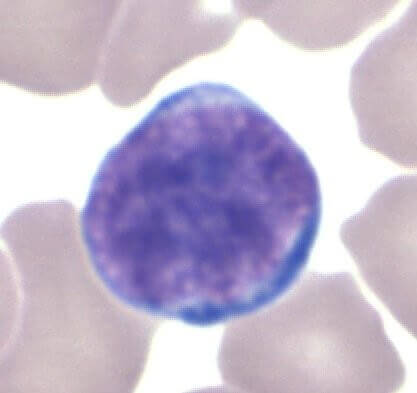
To keep itself healthy the body is designed to build immunity. The definition of immunity is to be protected against something. This system of the body involves different organs and also partners with the blood system. It is in charge of keeping the entire body safe from the invading germs that it is attacked by every day.
1. Built Like a Fortress
The immune system includes the skin, white blood cells, and the lymph system. They work together to defend the body against attacks by germs and bacteria. Since they are constantly patrolling and increase defenses when necessary, they are very similar to a protected building like a fortress.
2. The Skin – First Protection
The first defense the body has to germs is the skin. The body’s covering works like a guard against harmful bacteria. Since it is commonly the first place germs attack, keeping it clean is the best way to stay healthy. This is why doctors and nurses wash their hands so often, to keep the germs from spreading to other people on their skin.
3. White Blood Cells – The Soldiers
White blood cells patrol the blood like soldiers. Other types of white blood cells are sent to attack germs and bacteria once they are detected in the body. White blood cells only live for a few weeks, so the body has to make more all the time. Luckily there are lots to go around the blood system, in one tiny drop of blood there can be up to 25,000 of those cells. The three types of white blood cells are; lymphocytes, neutrophils, and macrophages.
4. Lymphocytes – The Special Warriors
The lymphocytes are white blood cells that attack both viral and bacterial infections. There are two types of lymphocyte; the T cells and B cells. T cells seek out germs or unhealthy cells that are hiding and destroy them. The B cells make antibodies which look for a specific germ. When they find that germ the antibody attaches to it that way the other white blood cells know it needs to be killed.
5. The Lymphatic System – Travel Way for The Immune System
Throughout the body is the lymph system that is a travel way carrying lymph fluid to parts of the body. It picks up bacteria and viruses and carries them to areas called lymph nodes. These glands collect the bad stuff and destroy it before it travels to other parts of the body. The lymph system also works as a travel way for white blood cells that are on their way to battle.
6. Some Germs are Good
Germs can make you sick but they also help to strengthen your immune system. Once your body is attacked by a germ it remembers it. This way if it comes back the body is prepared to fight it. Since the body can adapt this way it is important that the body is exposed to some germs.
7. Allergies – When the Immune System Works Too Hard
Sometimes the immune system can attack too much. That is what happens when a person is allergic to something. Allergic reaction is when the immune system reacts to something like its a bacteria or virus. Instead of a real threat it is just fighting an ordinary thing like nuts or grass. The reaction causes symptoms like sneezing, itching, runny nose, sore throat, hives, and stomach cramps.
8. Attacking the Wrong Cells – Auto Immune Disorders
Another way that the immune system can misbehave is when it attacks healthy cells. When a person has an auto immune disorder, their body attacks its own cells like they are bad. Depending on what cells are attacked this can cause a variety of health issues and has to be controlled by medication.
9. Rest and Relaxation – Helping the Army Stay Strong
Two of the most important ways to keep the immune system healthy are to reduce stress and get enough sleep. Studies show that getting less than 5 hours of sleep a night makes the immune system work slower. Stress also slows the immune system down and should be avoided.
10. Vaccines – Helping the Immune System
When immunizations are given to people it is usually to expose them to a germ that their body can prepare a defense against. If they are attacked by that same type again, their body is ready and will be less likely to get sick. The germs in the shot are usually “dead” forms of a virus so they have less chance of making the person sick. Even just having them in the body allows the immune system enough chance to remember the germ if it is attacked by it later. Since some contagious illnesses can kill, preparing the body with vaccines can save lives.

Leave a Reply